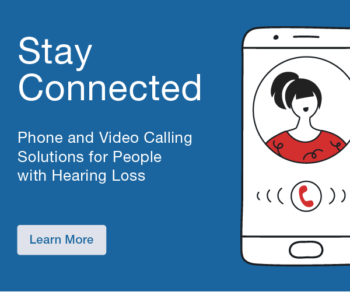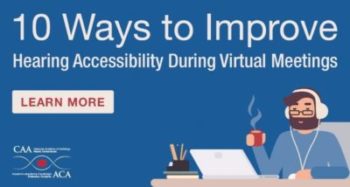Traditional hearing testing is not possible in infants and in patients with complex needs, leaving a big question mark on the benefit of a fitted hearing device. Aided Cortical testing offers an objective method to validate the benefit of a fitted hearing aid or cochlear implant in patients who cannot subjectively respond to a hearing test. This provides both the patient with a better customized hearing experience and gives the professional confidence that the device is effective and properly adjusted. Additionally, the patient’s relatives can have peace of mind knowing that the device works and provides optimal hearing for their loved one. The aided cortical test represents a significant breakthrough in the field and will change how hearing care professionals deliver value to their patients moving forward. Learn how Aided Cortical testing can be applied in clinical and private practice settings.
Learning Objectives:
- Understand cortical evoked potentials and their uses
- Explain the clinical need and benefit of aided cortical testing for a variety of different populations
- Describe how to perform an aided cortical measurement



